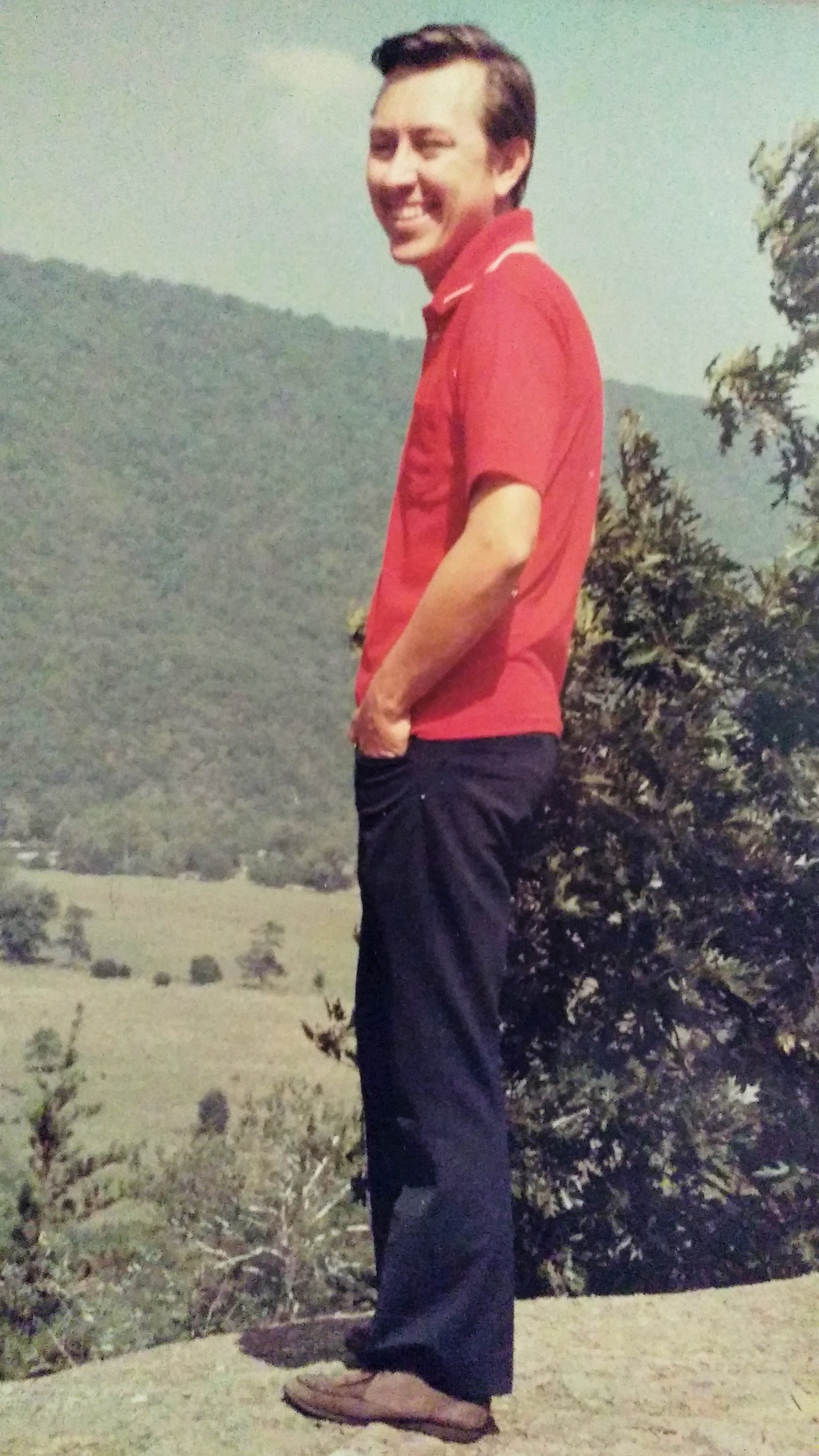 A father and his young daughter play her favorite game in their front yard. Dad holds the girl’s hands and spins, her feet flying in the air as they go round and round. The world became a blur.
A father and his young daughter play her favorite game in their front yard. Dad holds the girl’s hands and spins, her feet flying in the air as they go round and round. The world became a blur.
The game never ended for the dad, my dad, as his life continued to spin and spiral out of control until it ended in the early morning hours of January 17, 1991 when he died by suicide. Had he spiraled so far down that he had no other choice? No other “solution” to his pain? Could this horrible event have been prevented?
Intervention, prevention and the belief that suicide is preventable rules the day now. If one can learn and notice the warning signs and be willing to get involved, a tragedy might be prevented, a life might be saved. Not always, but trying is better than not trying.
This sentiment can be hard to swallow if you tried to intervene and still a suicide happens. A survivor of suicide loss already feels so much guilt. Are we piling on more, implying they should have/could have done more? A survivor does feel an inordinate amount of guilt, and it is possible this will make things worse for them. For me, after therapy, support groups and the passage of time, I have been able to resolve my feelings of guilt.
When the spinning game stops, the child flops on the ground laughing, feeling the dizziness subside as the minutes pass.
My dad’s dizziness never subsided. It is suspected he struggled with bipolar disorder most of his adult life.
If I could find a time machine to go back to the 1970s, I think my father would have been a good candidate for intervention. It would have involved staring down the shame and stigma of mental illness and alcoholism — not just by my dad, but by my entire family. Skeletons loosed from their cozy closets and into the world.
Sure, there was talking — or rather yelling, shaming, blaming, accusing and rejection. We had a lack of understanding. We made his problems about us. If he would/could only notice our pain he would stop his destructive behavior, we reasoned. But real intervention? No. Dad fought his demons alone and the best he knew how, but they only got bigger and louder until they drowned out all reason, taking over the mind of a man who seemed to have all the answers when I was growing up.
The idea of and methods for suicide intervention and prevention came around too late for my dad. The stigma of mental illness and suicide is not gone, but it is fading away. Surging forward is the thought that it is part of the human condition and should be treated as such. There is far more understanding and openness surrounding mental illness, but there is still work to be done.
If you know someone who is struggling, I hope you have the courage, compassion and caring to speak directly to them, ask if they need help, listen and help them get help if they need it.
If you are struggling, I hope that somewhere in your darkness you can find a sliver of light and reach out for help from someone you know, a crisis line in your area, or the National Suicide Lifeline (1-800-273-8255).
Follow this journey on Baby on a Raft.
If you or someone you know needs help, visit our suicide prevention resources page.
If you need support right now, call the Suicide Prevention Lifeline at 1-800-273-8255.

